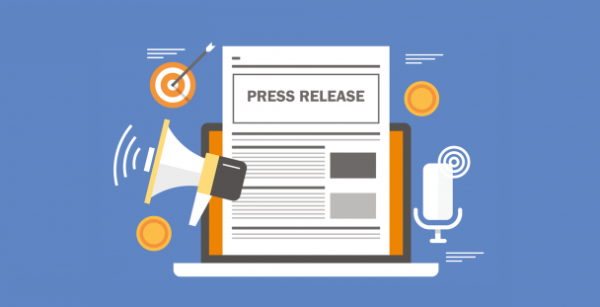Tax campaigners welcome NIC threshold increase as step towards simplification
The Low Incomes Tax Reform Group (LITRG) broadly welcomes today’s announcement1 in the Spring Statement that the government will align the starting point for paying2 class 1 employee and class 4 self-employed National Insurance contributions (NIC) with the starting point for paying income tax - £12,570. The group has argued for many years that such alignment would be a simplification for lower earners.

There could, however, be some complexity over the course of the 2022/23 tax year in which the transition occurs. The Chancellor announced that the increase will come into effect from July 2022 – part way through the 2022/23 tax year. This means that for the first three months of the tax year, the effective annual primary threshold and small profits limit will be £9,880, increasing to £12,570 for the remaining nine months of the tax year.
Kelly Sizer, Senior Technical Manager for LITRG, said:
“Since at least 2017,3 LITRG has recommended that the starting point for workers paying NIC be aligned with the income tax personal allowance. Today’s announcement to do this with effect from July 2022 will eventually prove to be a simplification for low-earners. It will also mitigate the increase in NIC rates from 6 April 2022 for those on the lowest incomes.4
“In the short term, however, we think there may be some confusion, because the change will come in part way through the tax year. Employees will see the benefit in their pay packets from July. But for the self-employed, there may be some confusion when they prepare their 2022/23 tax return as the lower profits threshold will be adjusted down to £11,9085 from £12,570 to reflect that the change only applies for nine months of the year.”
LITRG has also long argued that the impacts of announcements affecting a person’s net income on welfare benefits need to be taken into account. The main in-work benefit, universal credit (UC), is calculated based upon a claimant’s income net of tax and NIC. This means that if a claimant’s tax or NIC liability increases, the UC award may go up; but equally a decrease in tax or NIC liability means the UC award may go down.
Kelly Sizer, Senior Technical Manager for LITRG, said:
“Because of the interaction between tax and benefits, some people on low incomes will not see the full benefit of the increased NIC threshold.
“For example, someone not claiming UC and earning £250 gross a week would see their net income increase by £6.896 a week from July. If claiming UC, that extra amount of earnings would be factored into the calculation of their award and, if tapered at 55%, it would mean that they were better off overall by only £3.10 a week.7”
Notes for editors
- See https://www.gov.uk/government/publications/spring-statement-2022-factsheet-on-personal-tax
- Today’s announcement did not include any changes to the lower earnings limit for class 1 NIC. Our understanding is therefore that employees will continue to benefit from NI credits where they earn over £123 a week from 6 April 2022, although the primary threshold for paying class 1 NIC will increase from £190 a week for April, May and June 2022 to £242 a week from July 2022.
- Per ‘Simplification’ section of our March 2017 paper ‘A future for the low-income taxpayer’ – see https://www.litrg.org.uk/latest-news/reports/170330-future-low-income-taxpayer
- See: https://www.gov.uk/national-insurance/how-much-you-pay
- See https://www.gov.uk/government/publications/spring-statement-2022-factsheet-on-personal-tax
- NIC saving from the increased threshold is (£242 - £190) x 13.25%
- Although figures are given here as weekly amounts for illustrative purposes, note that UC is calculated on monthly assessment periods. Note also that, a claimant in this situation would have been cushioned in part from the increase in the rate of NIC as their net income would have been lower (and indeed will be for April, May and June 2022 until the NIC threshold increase comes into effect) and therefore an increase in UC would have partly compensated for the additional NIC cost.
Low Incomes Tax Reform Group
The LITRG is an initiative of the Chartered Institute of Taxation (CIOT) to give a voice to the unrepresented. Since 1998, LITRG has been working to improve the policy and processes of the tax, tax credits and associated welfare systems for the benefit of those on low incomes.
The CIOT is the leading professional body in the United Kingdom concerned solely with taxation. The CIOT is an educational charity, promoting education and study of the administration and practice of taxation. One of our key aims is to work for a better, more efficient, tax system for all affected by it – taxpayers, their advisers and the authorities. The CIOT’s work covers all aspects of taxation, including direct and indirect taxes and duties. The CIOT’s 19,000 members have the practising title of ‘Chartered Tax Adviser’ and the designatory letters ‘CTA’, to represent the leading tax qualification.
To unsubscribe from these emails, contact [email protected]
